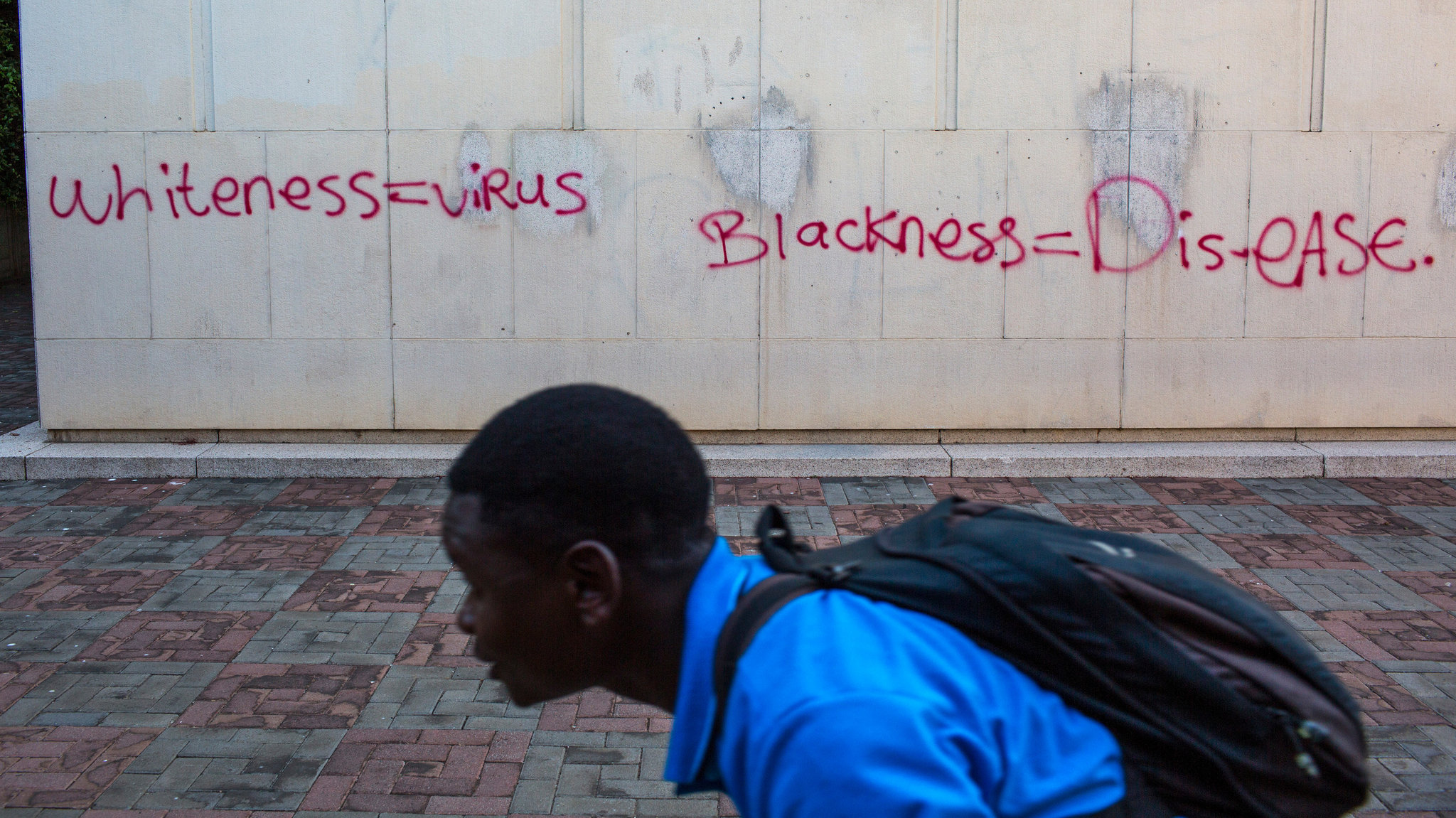In recent years, the term "Home Depot Nigger Racing League" has surfaced in various discussions, often sparking debate and controversy. This phrase, while seemingly humorous to some, carries a weight of racial insensitivity and societal reflection that merits deeper examination. Understanding the implications of such terms is vital not only for promoting sensitivity but also for fostering an inclusive environment. This article aims to delve into the origins, societal impact, and the broader implications of this phenomenon.
The concept of the "Home Depot Nigger Racing League" encapsulates a mix of cultural references and social commentary. It is crucial to approach this topic with care, acknowledging the inherent racism in the terminology, while also dissecting the cultural layers surrounding it. As we explore this topic, we will address the importance of language, the impact of stereotypes, and the cultural dynamics in play.
By unpacking the various elements surrounding this controversial phrase, we can better understand its implications and the underlying societal issues it represents. This journey will take us through history, social commentary, and the importance of respectful dialogue in addressing sensitive topics.
Table of Contents
- Understanding the Origins of the Phrase
- The Societal Impact of Racial Slurs
- Cultural Stereotypes and Their Consequences
- The Role of Humor in Discussing Race
- Voices from the Community
- Promoting Respectful Dialogue
- Case Studies and Real-Life Examples
- Conclusion and Call to Action
Understanding the Origins of the Phrase
The phrase "Home Depot Nigger Racing League" can be traced back to various online discussions and memes, often reflecting a satirical view of certain stereotypes associated with race and class. Its origins are rooted in a complex interplay of cultural references that highlight the intersection of race, class, and humor.
To better understand this phrase, we must consider:
- The cultural significance of Home Depot as a retail chain.
- The historical context of the term "nigger" and its implications.
- The concept of racing leagues as a metaphor for competition and societal positioning.
The Societal Impact of Racial Slurs
Racial slurs have a profound impact on society, perpetuating stereotypes and contributing to systemic racism. The use of derogatory language reinforces negative perceptions and can lead to real-world consequences for marginalized communities.
Key points to consider include:
- The psychological effects of racial slurs on individuals and communities.
- The role of media in normalizing derogatory language.
- Statistics on hate crimes and their correlation to racial slurs.
Cultural Stereotypes and Their Consequences
Cultural stereotypes often emerge from misguided perceptions and can lead to significant societal harm. The "Home Depot Nigger Racing League" serves as a case study for understanding how these stereotypes operate.
In this section, we will explore:
- Common stereotypes associated with race and class.
- The impact of these stereotypes on public perception and policy.
- Examples of how stereotypes are challenged in contemporary society.
The Role of Humor in Discussing Race
Humor can be a powerful tool for addressing sensitive topics, including race. However, it can also perpetuate harmful stereotypes if not approached carefully.
We will discuss:
- The fine line between satire and offense.
- Examples of comedians who address race in their work.
- How humor can be used constructively to promote dialogue.
Voices from the Community
Listening to the voices of those affected by derogatory language is essential in understanding its impact. In this section, we will highlight personal stories and perspectives from individuals within the community.
We will feature:
- Interviews with community leaders and activists.
- Personal anecdotes from individuals who have experienced racism.
- Insights on how the community is working to combat racial slurs.
Promoting Respectful Dialogue
Creating a space for respectful dialogue is crucial in addressing sensitive topics like race. This section will outline strategies for fostering constructive conversations.
Key strategies include:
- Encouraging active listening and empathy.
- Implementing educational programs on race and language.
- Creating safe spaces for open discussion.
Case Studies and Real-Life Examples
Examining case studies can provide insight into the consequences of using derogatory language. This section will analyze real-life examples where racial slurs have had significant impacts.
We will cover:
- Instances of public backlash against derogatory language.
- Legal ramifications of hate speech.
- Community responses to incidents of racism.
Conclusion and Call to Action
In conclusion, the phrase "Home Depot Nigger Racing League" serves as a reminder of the ongoing challenges we face in addressing racism and promoting inclusivity. By understanding the origins, societal impact, and potential for constructive dialogue, we can work towards a more equitable society.
We encourage readers to reflect on the importance of language and its impact on our communities. Share your thoughts in the comments below, and consider reading more articles that explore the complexities of race and culture.
Thank you for taking the time to engage with this important topic. Together, we can foster understanding and promote positive change in our communities.


